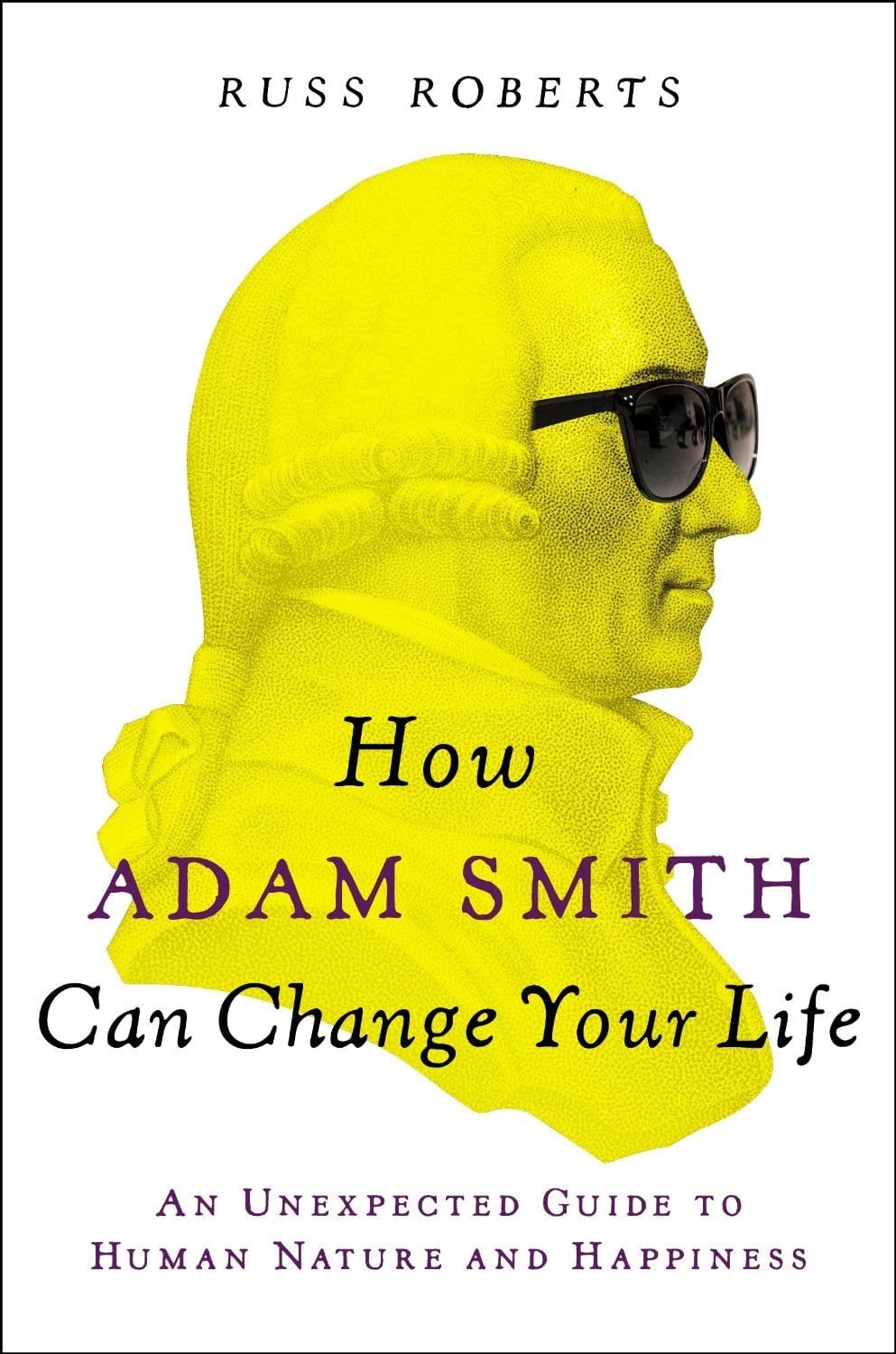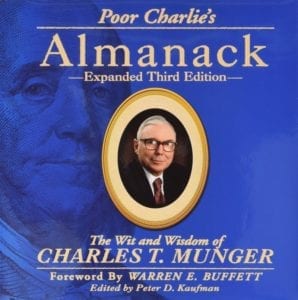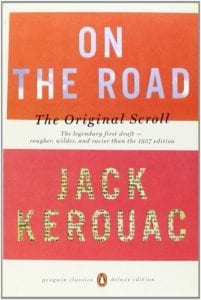How Adam Smith can Change Your Life
Reason Book was Chosen:
I am a regular listener to EconTalk, the podcast by Russ Roberts, author of this book. I love his podcast and have learned a ton and that's the main reason I want to read this book.My Thoughts
I usually try to avoid books that are about another book as I’d rather just read the original. But, in this case, my interest in Russ’ (sorry for the informality of not using Mr. Roberts, but I spend an hour a week with Russ in my earbuds, so we’re tight) podcast caused me to disobey that rule.
I was under the mistaken assumption that this book was about Adam Smith’s most-famous work, Wealth of Nations. It was not. Instead, it’s about Smith’s first book – the Theory of Moral Sentiments. I always heard Russ reference Moral Sentiments, but I guess I just assumed it was a part of Wealth of Nations. The Theory of Moral Sentiments covers behavior, morality, and living with others. Wealth of Nations covers the economy and one person’s role in the whole.
The neat thing about Russ’ book is that he ties Smith’s two books together. The phrase most-often associated with Adam Smith is the invisible hand. The basic idea is that even though people pursue their own self interest in life and business, these individual forces seem to be directed (but actually aren’t) in a way that benefits others.
Self-interest in the case of morality can be summed up in this statement that Russ references throughout the book (and in nearly every podcast episode):
“Man naturally desires, not only to be loved, but to be lovely.”
Russ discusses the two main ways to be lovely – through propriety (matching our responses with those around us) and virtue (consisting of prudence, justice, and beneficence). You can see how just having the first one – propriety – could be problematic, for instance if you were responding and acting like every other German in the early 1940s.
This was a very pleasant book. Russ covered examples in a unique way – in some cases presenting a hypothetical to consider and then sharing how the hypothetical was actually a true story of someone you may have heard of. It was a very effective way to drive points home. In another example, he discussed our use of the term Google as a verb and how that came about and is reinforced at the individual level. Nobody in the government or at Google ever encouraged people to say they “Googled” something last night.
Adam Smith’s genius is summed up in this quote by Russ:
“He is mostly interested in how people actually behave, not how he’d like them to behave.”
This is a stunning insight and something we should truly be thankful for. We mostly live within a system that takes this into account. There were plenty of other experiments that took men for what they wanted them to be (see Communism) with disastrous results. Freedom is required for Adam Smith’s system of economics and morality. Freedom to be lovely. Freedom to pursue your own interests and trade the result with others.
I recommend this book as a good introduction to Adam Smith and his ideas. Russ did an excellent job of putting Smith’s ideas into modern terms. Great, quick read modeled after How Proust Can Change Your Life from last year’s Books of Titans reading list.



